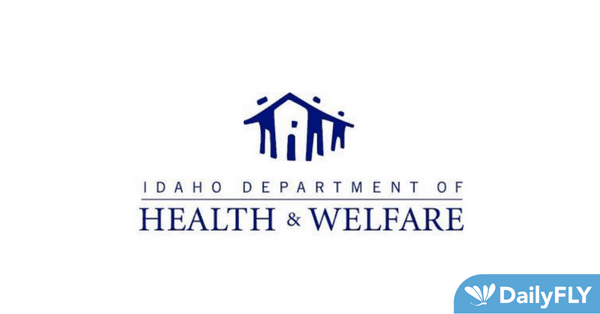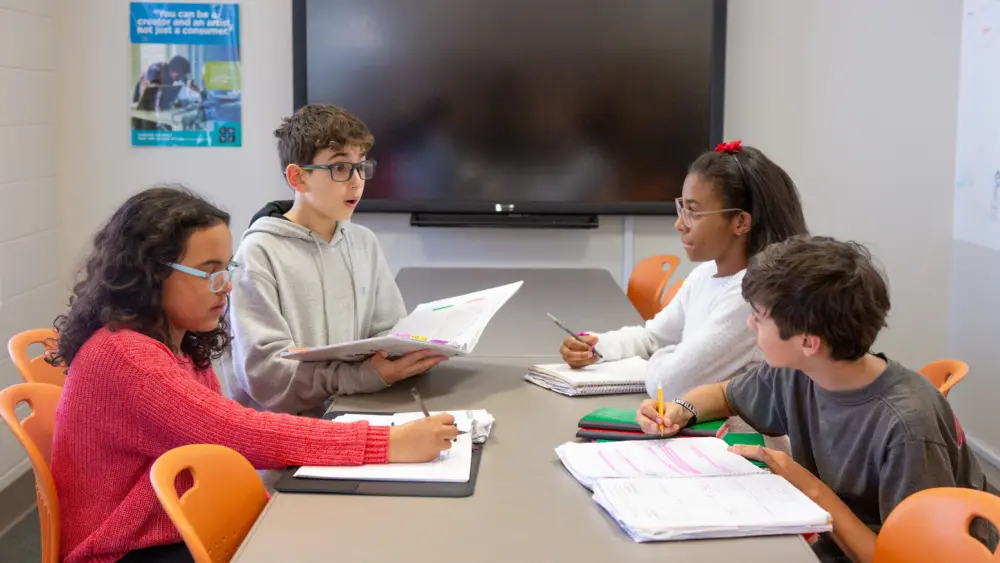The Department of Health and Welfare has selected 16 rural healthcare providers who will receive grants to help pay down their student loan debts while they continue to serve the rural Idaho communities where they’re needed.
The grants will be issued in November and December as part of the Rural Physician Incentive Program (RPIP), which provides loan repayment for qualifying physicians serving health professional shortage areas.
While specific needs vary from one community to the next, nearly all of Idaho is designated a Health Professional Shortage Area. Grant awardees are spread across the state, from Moscow to Rexburg.
“Loan forgiveness programs are an effective mechanism to recruit and retain providers to serve our rural and underserved communities,” said Amy Hirtle, rural health director for the Rural Health and Primary Care State Office. “Since the program’s inception in 2013 over 75% of RPIP recipients remain practicing in Idaho beyond their service obligation to help meet the healthcare needs of Idahoans.”
An appointed board called the Rural Healthcare Access and Rural Physician Incentive Program Grant Review Board met Sept. 28 in Boise to review applicants and select awardees. Physicians may receive a maximum of $100,000 over a four-year period toward their academic debt.
RPIP is funded by fees assessed to physicians attending the University of Washington and University of Utah medical schools occupying state-supported seats. Preference is given to physicians who paid into the fund, but funding isn’t limited to those candidates. The State legislature also appropriates funds to support the program.
Comments submitted with grant applications help illustrate the challenges Idaho’s rural healthcare providers face.
“Syringa Hospital District (in Idaho County) is located in a rural, medically underserved area where the recruitment and retention of qualified family medicine physicians is both challenging and expensive,” wrote Syringa Hospital in support of the application for Dr. Kelby Wilson, who’s worked at Syringa as a rural family physician since 2019. “Loan repayment is one of the most important recruitment and retention tools we have to offer candidates interested in our area.”
Another application came from Canyon County where the ratio of primary care physicians to residents is 3,110 to one, putting the county at the 90th percentile nationwide, according to a letter from St. Luke’s supporting Dr. Ali Sup’s application.
The St. Luke’s letter cited 23% population growth, a 37% obesity rate compared with 30% statewide, 25% higher rate of teen births than statewide, and a population for whom 15% are uninsured compared with 13% statewide.
“These factors demonstrate the need to improve the primary care workforce in our county and is why we started our residency program in Nampa,” St. Luke’s wrote. “Dr. Sup represents a success story for us and for the community that she will continue to serve.”
Follow this link for more information about 2023 State Loan Repayment Program Awardees.
Rural Healthcare Access Program awards also made
Another program administered by DHW assists rural and underserved Idaho communities to improve access to primary medical and dental healthcare.
The Rural Healthcare Access Program awards are limited to $35,000 per year for an eight-month project period running from Nov. 1 to June 5.
Projects must address needs in designated Health Professional Shortage Areas or Medically Underserved Areas and qualify in three assistance categories: community development, telehealth, and other (such as recruitment and retention).
Five awards were made out of 18 applicants:
- Challis Area Health Center, Inc., $35,000 for provider medical education loan repayment
- Benewah Community Hospital, $34,345 to increase access to pediatric care and for provider medical education loan repayment
- Pocatello Free Clinic, $32,333 to increase access to primary care and dental services
- United Way of Southeastern Idaho, $29,000 to expand access to care with transportation services
- Bingham Memorial Hospital. $29,822 to improve access to care through appropriate health literacy education for the Hispanic community.
The Idaho Department of Health and Welfare is dedicated to strengthening the health, safety, and independence of Idahoans. Learn more at healthandwelfare.idaho.gov.





